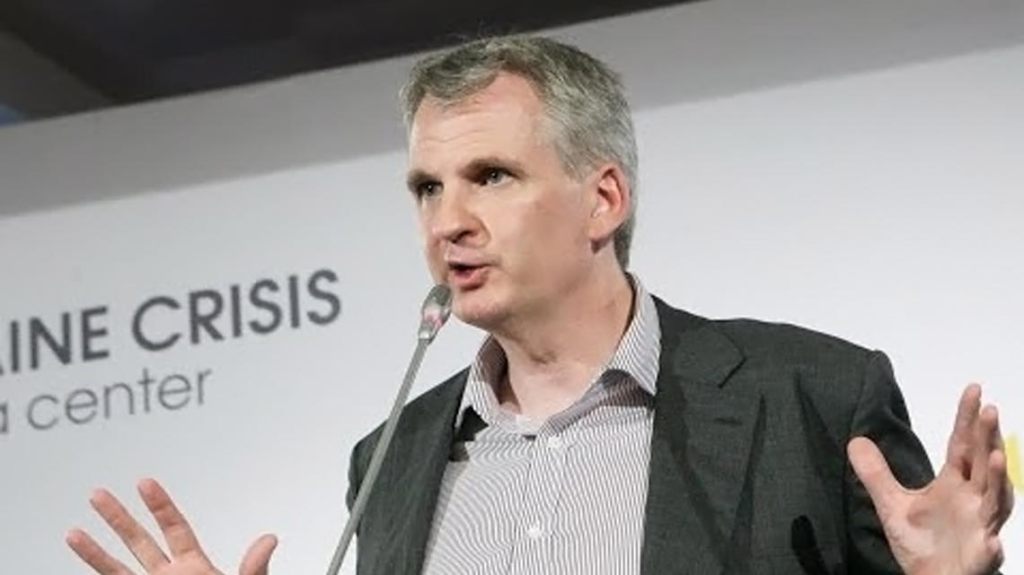[dropcap]A[/dropcap]merican historian and publicist Timothy Snyder is one of the major researchers of Central and Eastern European history, as well as the Holocaust. In his lecture “Europe after 1914: Integrations and Disintegrations” Timothy Snyder will consider historical origins of the 2013 – 14 Ukrainian crisis.
Contemporary European history can be understood as a series of integrations and disintegrations, continuing before our eyes in the present day. 1914 was not the end of an old Europe, but the continuation of a process of decolonization within Europe itself. 1939 was not a collapse of civilization, but the crowning moment of Soviet and Nazi attempts to colonize Europe from within. The project of European integration known as the EU succeeded as traditional maritime colonialism failed. The revolutions of 1989 allowed European states with different histories of colonialism and decolonialism to join in a single project. Today the EU stands challenged by a deliberate policy of disintegration known as Eurasia; as so many times before, Ukraine is in the middle – Timothy Snyder
Timothy Snyder is a professor of history at Yale University, author of numerous works in Central and Eastern European history. He writes for International Herald Tribune, New York Review of Books, The New Republic, Eurozine and other periodicals. His books Bloodlands: Europe Between Hitler and Stalin, The Red Prince: The Secret Lives of A Habsburg Archduke, and Ukrainian History, Russian Politics, European Future were published in Ukrainian. In 2014 Timothy Snyder has written numerous polemical texts about political and military crisis in Ukraine.
Vasyl Cherepanyn, head of Visual Culture Research Center, will make an introductory speech and will also moderate a discussion with the participation of Timothy Snyder.
![Political Critique [DISCONTINUED]](https://politicalcritique.org/wp-content/uploads/2015/09/Political-Critique-LOGO.png)
![Political Critique [DISCONTINUED]](https://politicalcritique.org/wp-content/uploads/2015/09/Political-Critique-LOGO-2.png)
